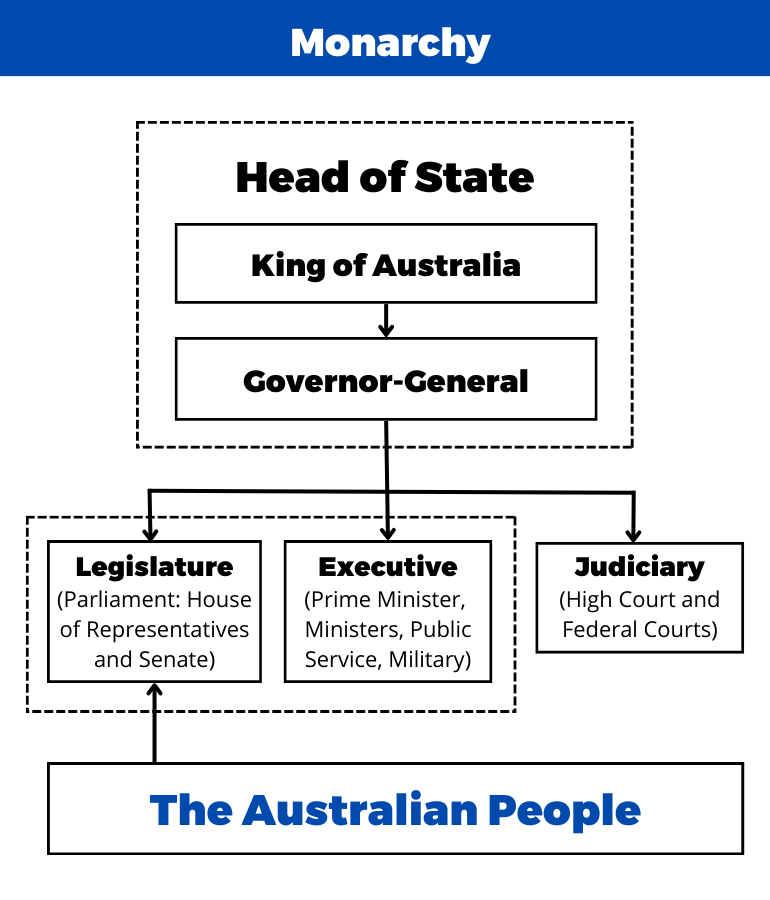What is a republic?
A republic is a system of government where sovereignty is held by the people rather than an aristocracy and a monarch. The power to govern is vested in the elected representatives of the people. These representatives are drawn from amongst the people and they are charged with acting on behalf of the people and in their best interests.
Of, by and for the people.
The Head of State is elected or appointed to support diplomacy and protocol for the nation, while the Head of Government leads policy making for the country. The Head of State embodies the spirit of the nation, is the guardian of the Constitution and represents the nation on the world stage at meetings of Heads of State, while the Head of Government manages the administration of the country, including setting its laws and governance programs.
In some countries, like the United States, the President is both Head of State and Head of Government – sometimes referred to as an Executive President. In other countries, like Ireland, the President is largely a ceremonial role, while the Prime Minister is the Head of Government and holds executive power.
What they all have in common is that the Head of State is a local who holds the position on the will of the people. They can be held to account, replaced or endorsed by voters, and they are fiercely loyal to their nations – and only their nations. They are a symbol of the people and the country.
How is that different to Australia?
Australia is a constitutional monarchy. We have a King – King Charles III is King of Australia. He is our Head of State. The King is gifted this position by birthright. He isn’t elected or appointed or even endorsed by the people. And he’s given the position for life, and then it is passed on to his heir or first-born child. While Charles is King of Australia, he is in fact a British citizen and lives in the United Kingdom.
You might be interested to know that to become a Member of the Australian Parliament, you must be an Australian Citizen. You can’t be a dual citizen or a citizen of any other nation, yet our Head of State is not Australian and doesn’t even live here.
The King sits at the top of all three branches of our government – the Executive (The Government), Judiciary (The Courts) and the Legislature (The Parliament). The actions of these branches are done in his name and officials of these institutions are obliged to swear allegiance to him and his heirs and successors.
The King appoints a Governor-General, on the advice of the Prime Minister, to serve as his local representative. The Governor-General is vested with the King’s powers to act on behalf of His Majesty to provide Royal Assent to Bills, commission officers in the military and public service, issue writs for elections and appoint (and dismiss) officeholders, including the Prime Minister and Ministers of State.
The Prime Minister is our Head of Government. On convention, that person is appointed to the role by the Governor-General if they have the support of a majority in the House of Representatives. The Prime Minister manages the day-to-day affairs of the country as the first among equals in the Cabinet (Executive Government).
Interestingly, the roles of the King and his representative (the Governor-General) are extensively detailed in our Constitution, yet the Prime Minister is not mentioned once – even with the tremendous power they hold and exercise. Like their appointment, the role and many other things Aussies take for granted are done by convention, rather than explicitly written rules in the Constitution.
Why should we consider becoming a republic?
Australia is the most successful multicultural nation on earth. As has been articulated by Noel Pearson, it has three unique pillars – over 65,000 years of Indigenous heritage and culture, over 230 years of European settlement and British institutions, and a vibrant culturally and linguistically diverse community. These three pillars represent today’s Australia, and they need to be acknowledged and celebrated.
Some of us have chosen to adopt Australia as our home. Some of us have connections to ancestors who have been here for thousands of years. Some of our families are here because our relatives came bound below decks on prison ships. But we are all Australian. We are all equal. We all believe in equality, integrity and democracy. We all believe in merit and we’re all hopeful of an even brighter future for ourselves, our friends and our families.
A republic is the chance for Australia to unite our community and take control of our own destiny. It’s a chance to celebrate inclusion, collaboration and respect, and to write our own future together. It’s a chance to put the power back in the people’s hands, where we can choose one of our own to represent us. And, we can hold that person to account.
This is a chance to celebrate the history of our nation and all its people, regardless of their background, and to rejoice in our shared vision for tomorrow. In a practical sense, it’s also the chance to update our Constitution to reflect our modern nation. To vest powers in a local who can be held accountable through elections for their actions and genuinely promote the rule of law. We can also add the role of the Prime Minister and codify things otherwise taken for granted and done by convention to protect the Australian people and strengthen our democracy.
The decision on how we are governed and who by should be ours. The appointment should be on merit. The person should be one of us. They should work for us full-time, live here with us, and be fully committed and loyal to Australia and only Australia.



